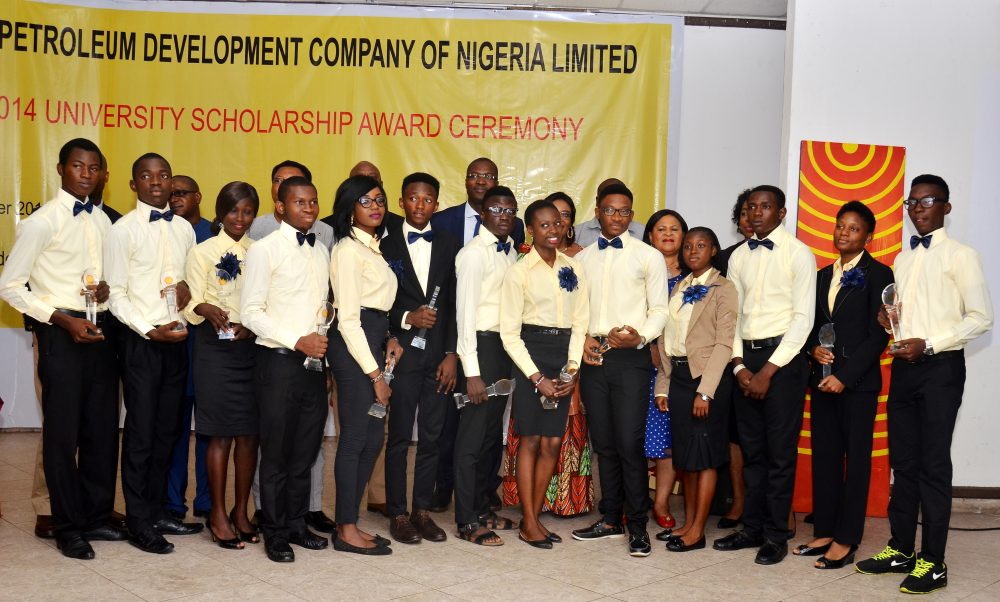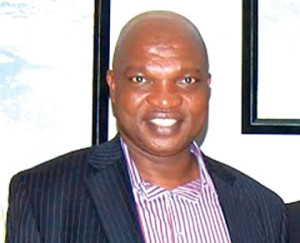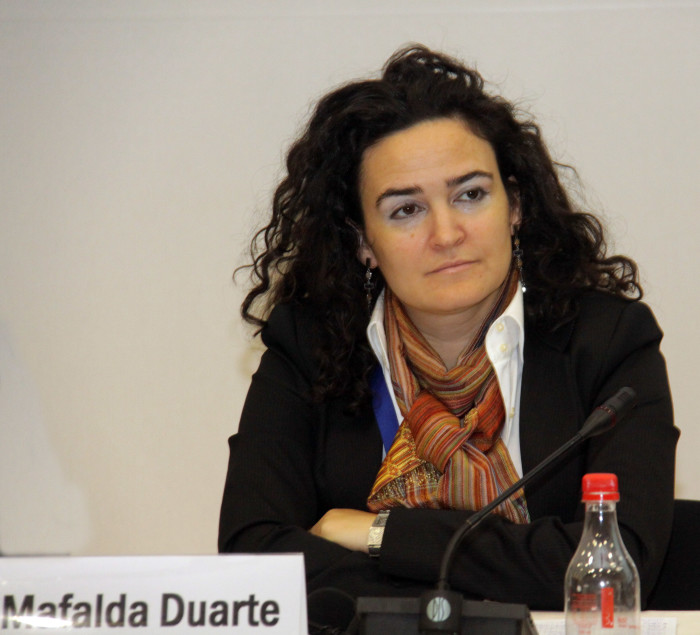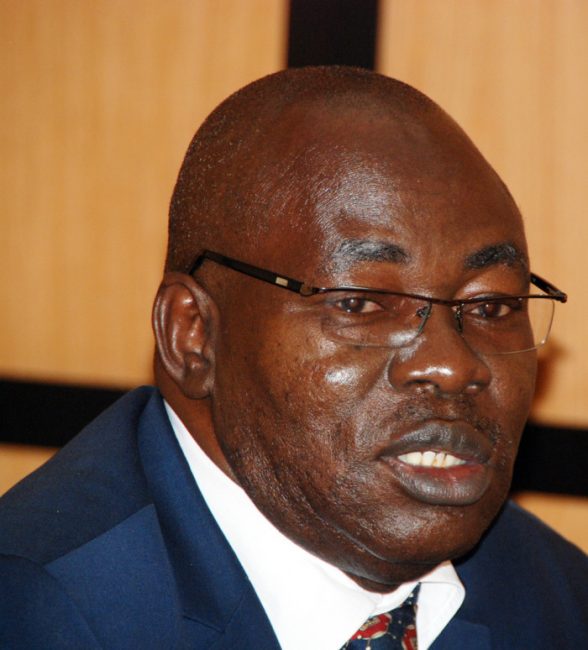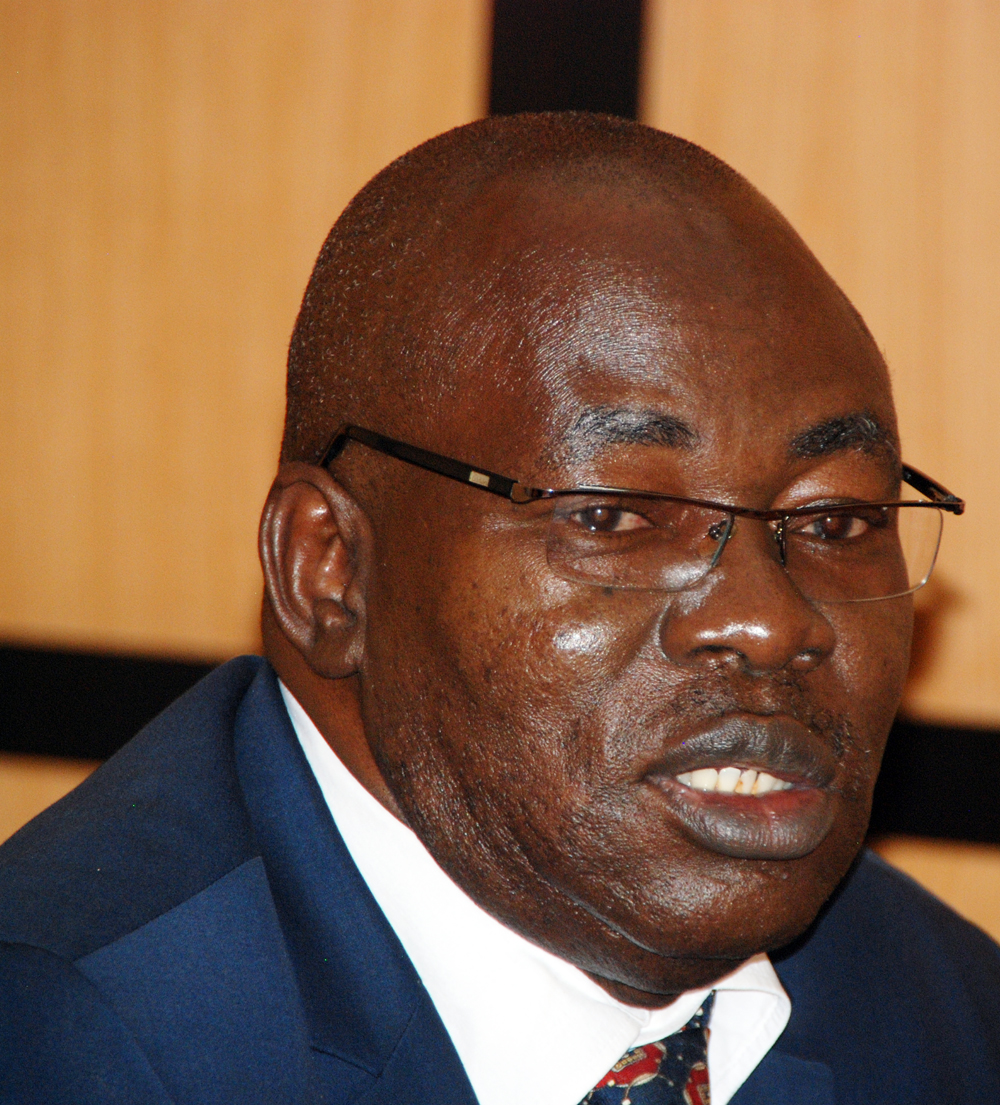Latest status review however shows that concentrated conservation actions can turn the tide
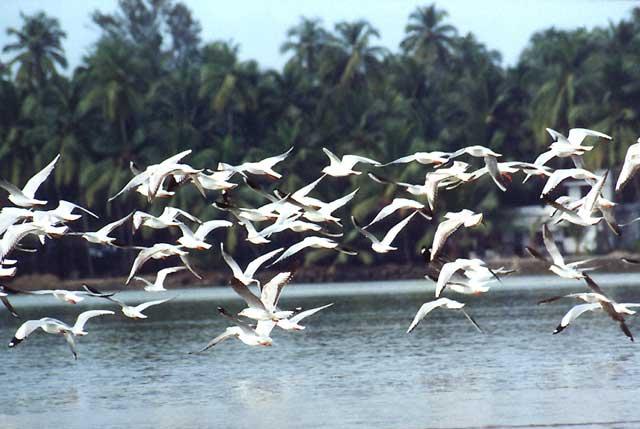
Waterbird populations across the African-Eurasian flyway are on a downward trend, with declining populations outstripping growing ones by almost 50 per cent, shows the latest conservation status report compiled for the Agreement on the Conservation of African-Eurasian Migratory Waterbirds (AEWA) – an inter-governmental treaty administered by the United Nations Environment Programme (UNEP).
However, the report also shows that the populations subjected to active conservation measures generally fare much better, with 45 per cent of them declining, compared to a staggering 83 per cent decline in populations not covered by active conservation measures.
The 6th Edition of the Report on the Conservation Status of Migratory Waterbirds in the Agreement Area, prepared by Wetlands International, is being presented to delegates attending AEWA’s 6th Meeting of the Parties, holding at the United Nations Campus in Bonn, Germany, between 9 and 14 November. The meeting is bringing together over 200 participants from more than 70 national governments, intergovernmental organisations and non-governmental organisations.
Achim Steiner, Executive Director of UNEP, said, “We see in the migration routes of animals, such as migratory birds, that international frontiers are merely lines on a map. Efforts to conserve migratory birds do not only help open the flyways fundamental to their survival, but also build bridges between countries and peoples. Our shared environment knows no borders. It is important we work across those we self-impose to protect it.”
The inter-governmental meeting underway in Bonn is focusing on waterbirds that regularly migrate along the African‑Eurasian flyway – a bird migration system stretching from Northern Russia to Southern Africa.
The delegates will look for ways to strengthen conservation measures and agree on urgent responses to the many threats facing migratory waterbirds in the African-Eurasian region, such as habitat loss and degradation, illegal killing, bycatch and overfishing. The meeting will also focus on measures to help mitigate negative impacts of energy developments and climate change.
“While many migratory waterbird populations continue to decline globally, our latest status report shows that concerted conservation actions by countries and dedicated organisations within the African-Eurasian flyway are having a positive effect on some of our species,” said Jacques Trouvilliez, Executive Secretary of AEWA. “In a world where the loss of biodiversity is accelerating, it can be considered an achievement that the proportion of declining AEWA populations has not increased further during the 20 years of the treaty’s existence. But it is clear that we need to do much more.”
AEWA’s Action Plan provides a blueprint for what needs to be done to maintain and restore migratory waterbird species and their populations at a favourable conservation status. The international guidelines and the targeted action plans developed under AEWA are proving to be effective tools, but only where they are being implemented.
The meeting is taking place a few days after the release by BirdLife International of the 2015 Red List update for birds, which saw 40 more species listed as having a higher risk of extinction globally. Twelve of the uplisted species are migratory waterbirds covered by AEWA, of which three, the Atlantic Puffin, Common Pochard andHorned Grebe,have seen their status raised to the Globally Threatened category.
“Further investment and more concerted actions on the ground and between countries are necessary if we want to halt the continuing decline in migratory waterbird species in the African-Eurasian flyway in the years to come,” said Trouvilliez.
The conference is being held under the theme “Making Flyway Conservation Happen”, which highlights the importance of AEWA as a treaty fostering international cooperation for the benefit of migratory waterbirds amongst a vast range of countries in Africa and Eurasia.
The year 2015 also marks the 20th Anniversary of AEWA. The development of guidelines, implementing emergency measures for the most endangered species and the development of international single species action plans as well as the adoption of a targeted Plan of Action for Africaare some of the key achievements of the relatively young international treaty to date.


